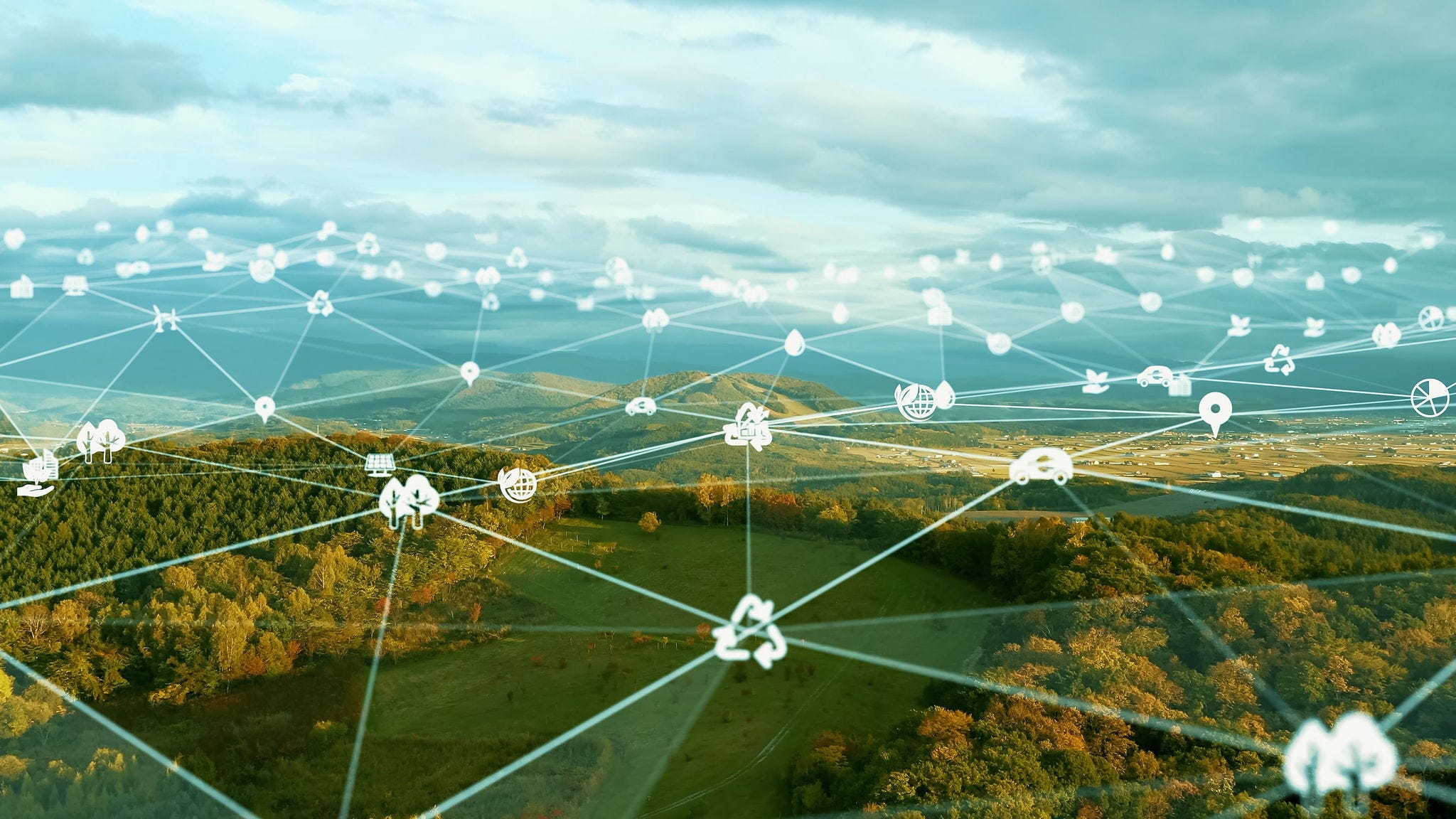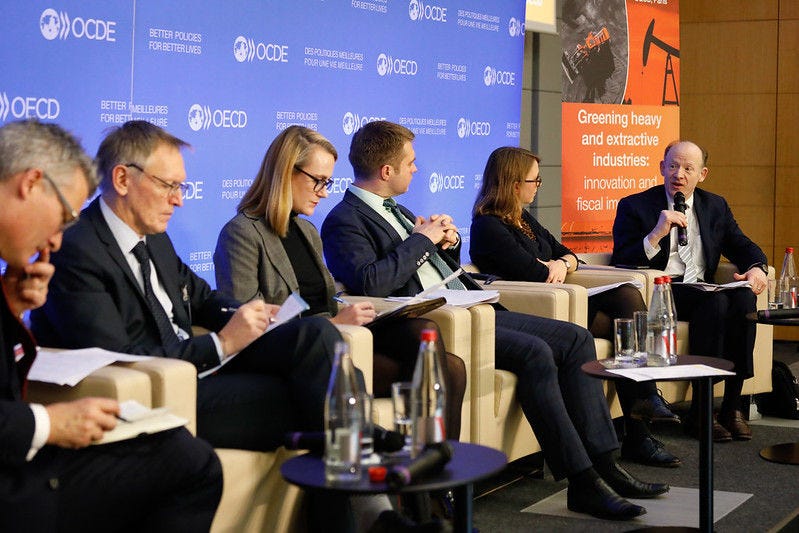The convergence of the digital and green transitions presents opportunities and challenges for societal efforts to meet the Paris Agreement goals and the 2030 Agenda for Sustainable Development. Digital technologies can facilitate the design of more efficient and effective environmental policies including by decreasing the cost of monitoring greenhouse gas emissions and pollution. The large-scale adoption of smart meters can support progress towards net-zero power systems, while big data and artificial intelligence (AI) can help to design smarter and more sustainable cities. At the same time, the growing carbon footprint of computing and increasing e-waste are key challenges. Both transitions are likely to drive substantial changes in skills demand and sectoral competitiveness, with important implications for affected workers, households, communities and regions.
Drawing on the OECD Horizontal Projects “Net Zero+: Climate and Economic Resilience in a Changing World” and “Going Digital”, the GGSD Forum focused on the convergence of the digital and green transitions, and how to leverage the complementarities and minimise the trade-offs between them to maintain progress towards greener and fairer societies. The Forum also considered how external shocks, including the COVID-19 pandemic and Russia’s war of aggression against Ukraine, are affecting the international landscape for green growth.

